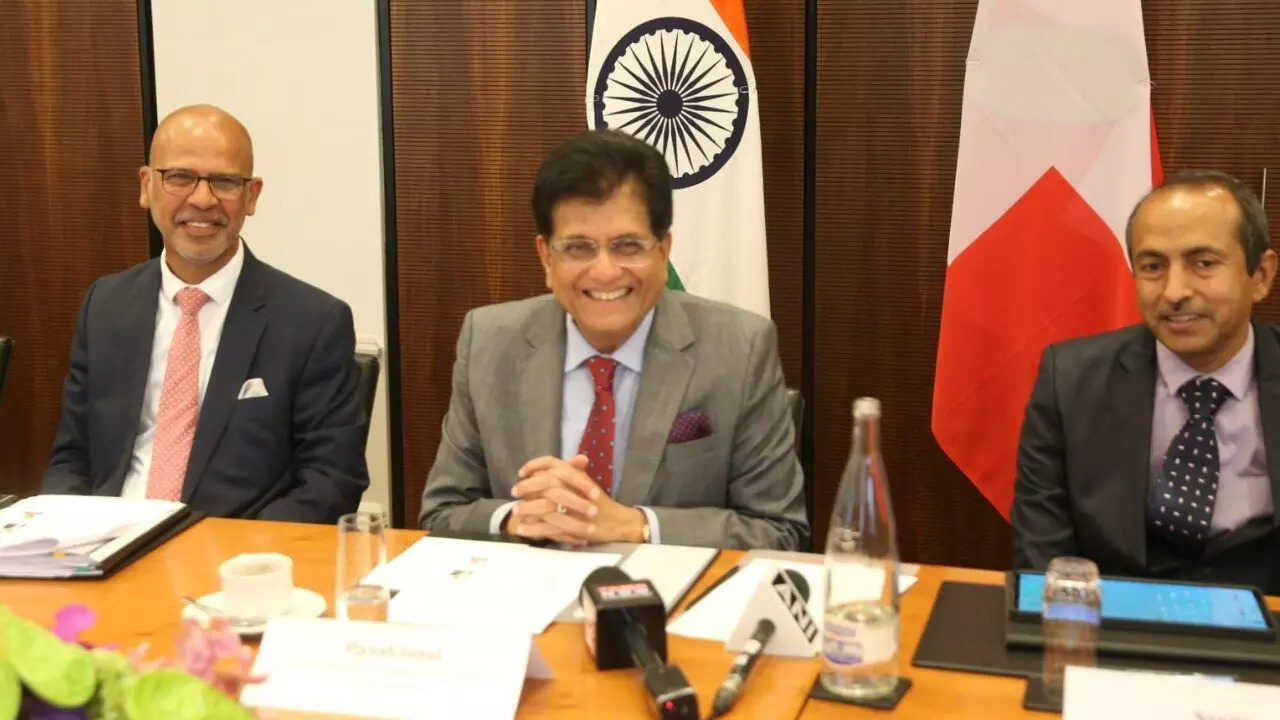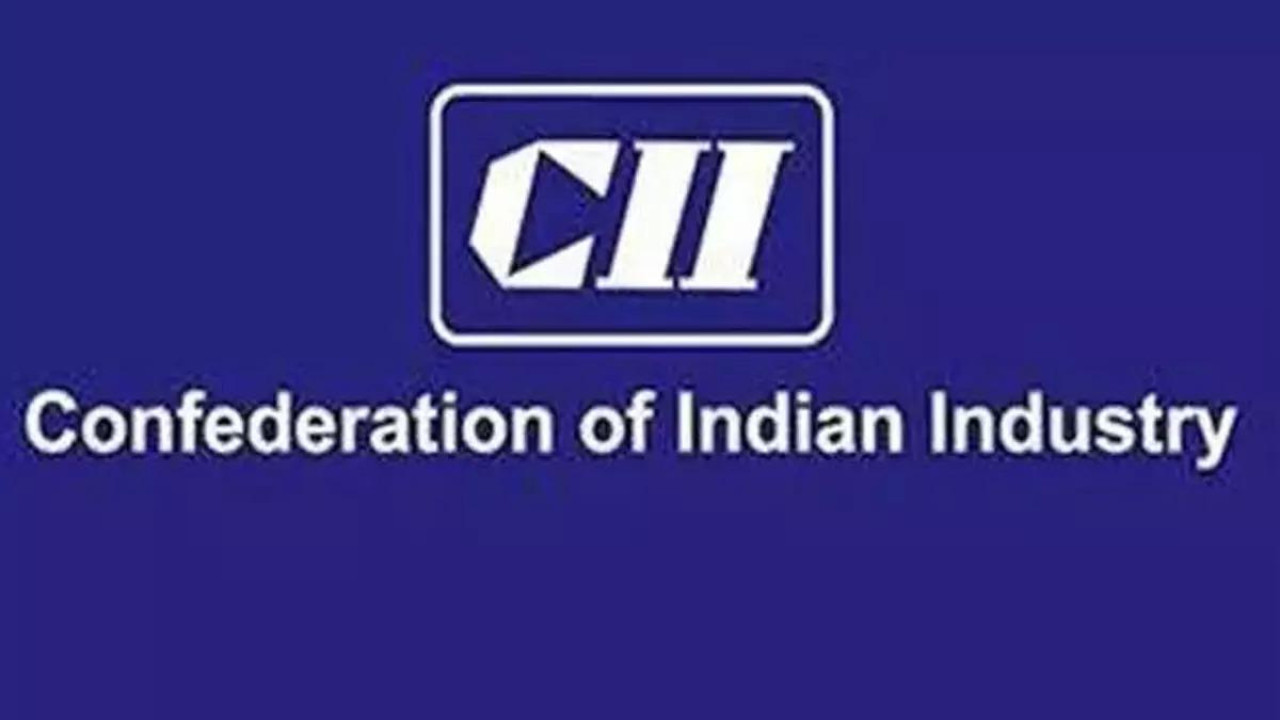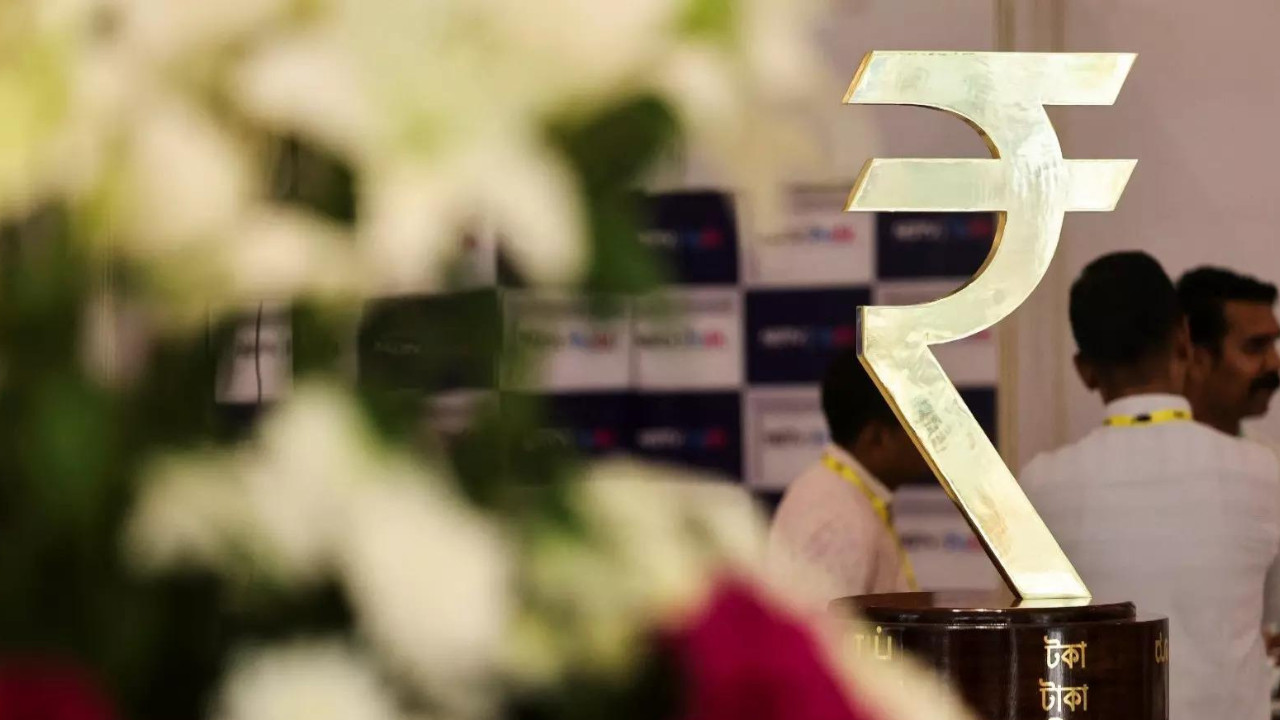Piyush Goyal has called China’s rare earth export restrictions a global wake-up call, urging supply chain diversification. He highlighted India’s efforts to develop alternative sources and become a reliable partner, addressing potential challenges for the automotive and white goods sectors. The government is supporting domestic production and exploring technological solutions to reduce dependence on Chinese materials.
China’s Rare Earth Grip: Is India Poised to Become the World’s Next Tech Material Hub?
Okay, let’s talk about something that might sound like science fiction, but is actually the bedrock of modern technology: rare earth elements. You’ve probably never given them a second thought, but these obscure minerals are in everything from your smartphone and electric car to wind turbines and defense systems. And for a long time, China has held a near-monopoly on their production, creating a strategic dependency that’s starting to make a lot of people nervous.
Recently, that unease has intensified. Rumblings of China potentially tightening its grip on rare earth exports are echoing around the globe, serving as a serious wake-up call. Think of it as a pressure point on the global economy, and everyone’s suddenly realizing how vulnerable we are. This isn’t just about supply chain disruptions; it’s about national security, economic stability, and the future of innovation.
Enter India.
Piyush Goyal, India’s Minister of Commerce and Industry, has been quite vocal about this situation, framing China’s potential export restrictions not as a threat, but as an opportunity – a chance for India to step up and become a key player in the rare earth supply chain. And honestly, it’s hard not to see the logic.
For years, India has been sitting on significant reserves of these critical materials, largely untapped. While China industrialized its rare earth industry, India has been playing catch-up. Now, with the world scrambling for alternatives, that catch-up is turning into a sprint.
What’s so exciting about this? Well, it’s not just about digging stuff out of the ground. Building a robust rare earth industry is a complex endeavor. It requires massive investment in mining, processing, and refining. It means developing cutting-edge technologies to extract these elements efficiently and sustainably. It demands a skilled workforce and a clear regulatory framework.
But here’s the thing: India has the potential to tick all those boxes. The country has a burgeoning tech sector, a strong entrepreneurial spirit, and a government increasingly focused on strategic self-reliance. We’re talking about a nation with the ambition and the resources to not only mine rare earths, but to add value through downstream processing and manufacturing. Imagine India becoming a hub for the production of high-tech components, powering everything from renewable energy projects to advanced electronics. The possibilities are vast.
Moreover, it will require a significant shift in approach. Collaboration between government, industry, and research institutions will be crucial. Streamlining regulations, attracting foreign investment, and fostering innovation will be key to unlocking India’s rare earth potential.
The global landscape is shifting, and the old dependencies are starting to crumble. China’s potential export restrictions are just one symptom of a broader trend towards diversification and resilience in supply chains. India has a unique opportunity to capitalize on this shift, becoming a vital source of rare earth elements and a global leader in sustainable technology.
This isn’t just about economics; it’s about strategic autonomy. Control over critical resources like rare earths translates to greater influence on the world stage. By developing its own rare earth industry, India can reduce its dependence on China, strengthen its national security, and boost its economic growth.
So, is India ready to seize the moment? The pieces are certainly in place. The ambition is there. The potential is undeniable. Whether India can truly rise to the challenge remains to be seen, but one thing is clear: the world is watching, and the stakes are incredibly high. The next few years will be crucial in determining whether India can transform this crisis into a golden opportunity. And frankly, I’m excited to see what happens.
📬 Stay informed — follow us for more insightful updates!







